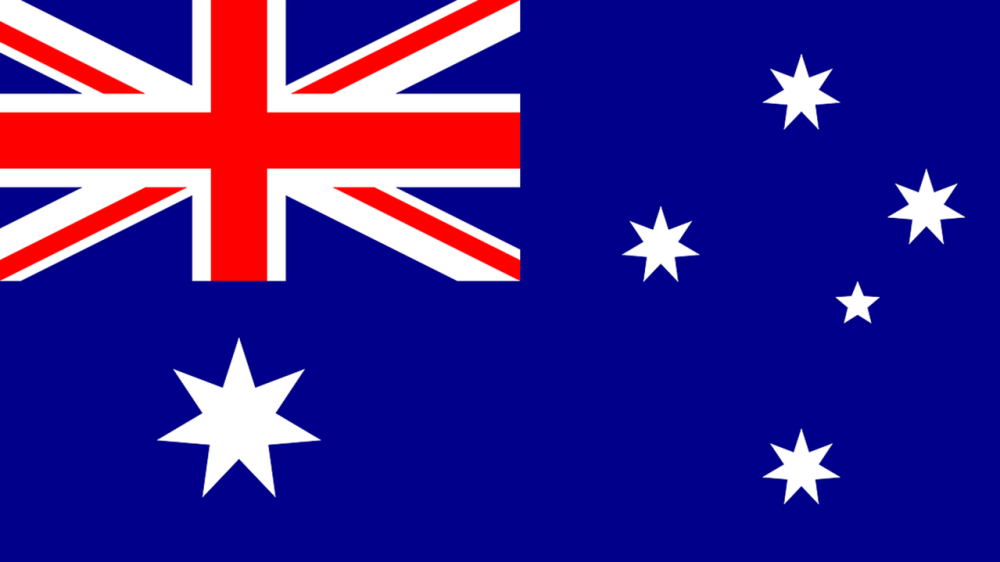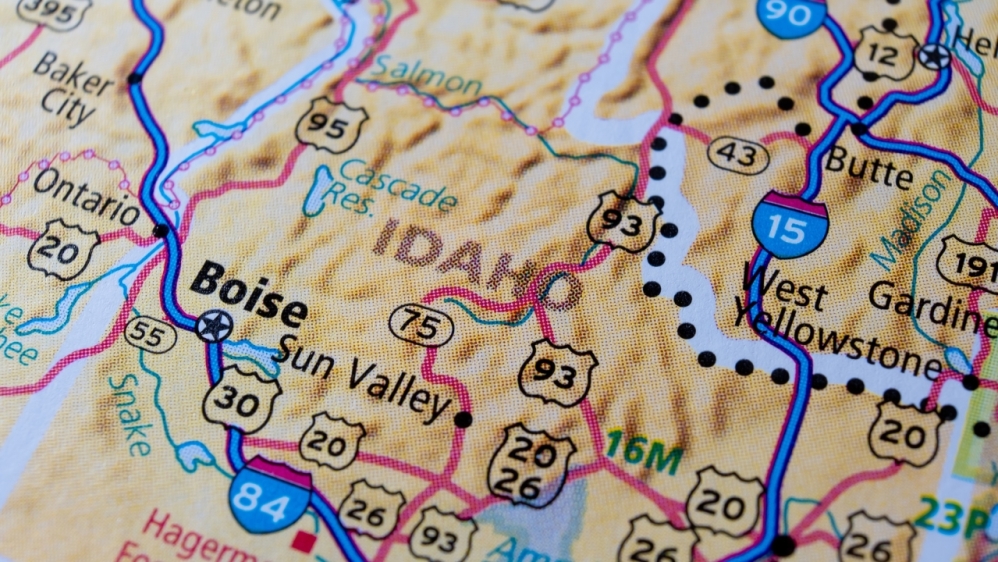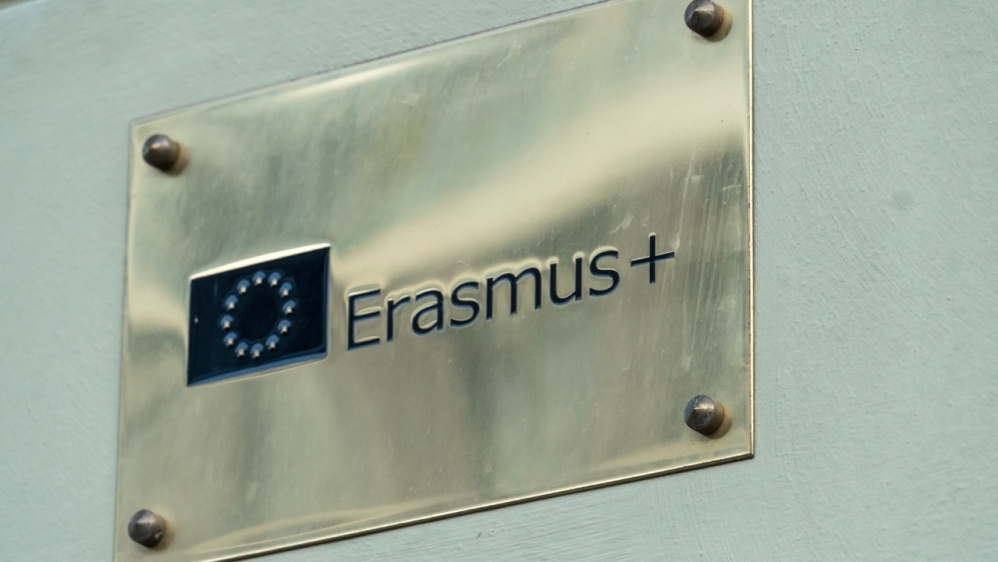An angry debate raging 15,000 kilometres from Budapest is instructive of the Left’s efforts to discredit and hollow out our shared moments of national remembrance.
Geoffrey Blainey’s 1966 book The Tyranny of Distance is among the most important works ever written about Australia. Across its 365 pages, the eminent historian explains how distance – both distance to and distances within Australia – helped shape the country’s origin, economy and society, as well as its triumphs and failures. As one reviewer of the book points out, the author’s chief argument is that the influence of “distance” on Australian history echoes the impact of “frontier” on the development of the U.S. as described by Frederick Jackson Turner. And while that “tyranny” has largely been surmounted over the centuries thanks to advances in technology, geographical remoteness from the problems of the rest of the world benefited this continent of a country in a variety of ways.
In particular, Australia’s relative isolation was central to the development of the country’s unique national identity during the 19th and early 20th centuries.
Yet distance was only one of factors that shaped this nation of convicts and free settlers in its formative years. According to the conservative historian Greg Melleuish, the period between 1890 and 1945 – when immigration to Australia was limited – was formative in the consolidation of a distinctive national culture in which British and home-grown elements existed side by side. Post-World War II, this well-established identity was shaken by both the mass immigration program to populate the country and the growing irrelevance of the British relation as the empire fell apart. The ensuing years of “new nationalism”, a largely elite activity aimed at creating a national identity while casing aside ties to Britain and focusing on culture and symbolic politics, added to the confusion.
Melleuish goes on to argue that Australian national identity has “undergone significant challenges over the past thirty years”, pointing to the decline to the teaching of things Australian at universities, especially in the areas of history, politics and literature. It claims that the old English colonialist attitude, internalized by the elites, that there is either no Australian culture or that that culture is worthless is still lingering at modern-day Australian universities and in Australian Broadcasting Corporation programming. In fact, young Australians are now routinely taught to be ashamedof their culture and identity.
Nothing could reflect this profound change better than social attitudes towards Australia Day, the country’s official national holiday. Observed annually on January 26, it marks the landing of the First Fleet at Sydney Cove and the raising of the Union Flag by Arthur Phillip in 1788. While its meaning has evolved over time, celebrations over recent years have aimed to reflect the diversity of the Australian nation and landscape. It traditionally features a variety of community activities, family events and citizenship ceremonies, along with flag-waving, fireworks and chilling out on the poolside with beer and barbecue. In 1988, the Australian Bicentenary featured a monumental re-enactment of the arrival of the First Fleet in Sydney Harbour. And quite rightly, official celebrations have sought to include Indigenous people, with ceremonies such as Woggan-ma-gule in Sydney.
By and large, Australia Day is a fun, family-friendly and inclusive affair. Or at least, until relatively recently, it used to be. During the past few years, Australia’s national day has found itself mired in a political controversy stirred up by indigenous groups and their progressive allies. There have been growing calls to change the date of Australia Day to one of many proposed alternatives. Across the country’s big cities, thousands protested against “Invasion Day”, as the anniversary is described by some indigenous people, and the BBC ran a story about a young woman who is described as being part of a “growing cohort of young Australians and others who are shunning the national day”. Tom Calma, an Aboriginal rights activist, has said that “we encourage discussion, meaningful and respectful discussion, of the issues and opportunity for all Australians to become better informed about what the issues are” – while insisting that the date must be changed to become more inclusive.
Anthony Albanese, the country’s Liberal premier, says that there are no intentions to change the date for now. But unsurprisingly, woke multinationals are leading the way in cancelling Australia Day, despite January 26 being a public holiday. As reported by The Australian newspaper, the management consulting firm KPMG gave its 9000 employees the option to work on Australia day and take another leave in lieu. Other large companies to make public announcements to the same effect in 2023 included Woolworths, Telstra, Deloitte and Paramount. And the University of Wollongong, a leading institution in New South Wales, became the first to offer a “flexibility” policy to its employees on the holiday. According to The New York Times, Australia is nearing a tipping-point in moving away from Australia Day.
Predictably, radical activists will not stop at simply changing the date of the Australia Day holiday. Lidia Thorpe, an Aboriginal senator for the Green party, has described race relations between white and indigenous Australians as a “war”. In addition to scrapping Australia Day altogether, her agenda includes tearing up the country’s “white” constitution, an Aboriginal-led Republic and property owners paying a “rent” tax to indigenous groups. Her campaigning comes ahead of referendum due later this year that would enshrine an indigenous advisory body known as the Voice in the Constitution. Critics of the Voice, including the conservative Aboriginal senator Jacinta Price, claim it would divide the country along racial lines.
Of course, “problematizing” holidays and other traditional symbols of national unity will do nothing to alleviate the various forms of disadvantage experienced by Aboriginal and Torres Strait Islander people, including higher unemployment rates, exposure to violence, trouble with the law and alcohol and substance abuse. Neither will it rectify any of the disastrous consequences of 19th-century land expropriation or the evils suffered by the Stolen Generations. It is merely a substitute activity pursued by opportunistic and power-hungry politicians all too willing to sacrifice the notion of a shared national identity for their momentary gains.
Although changing or discarding the country’s national holiday remains a minority position across the general population, there are clear signs that the tide may be shifting.
Pointing out that only 42 percent of 18-24-year-olds now agree that Australia Day should be celebrated on January 26, John Roskam, senior fellow at the think tank Institute of Public Affairs, said those who wanted to preserve Australia Day should not be complacent. “If we don’t fight for Australia Day, we’ll lose it”, he said. That should strike a chord with all of us who value unity in diversity over divisive grievance politics.



